| ||||||||||||||||||||||
All 78 seats in the National Assembly 39 seats needed for a majority | ||||||||||||||||||||||
|---|---|---|---|---|---|---|---|---|---|---|---|---|---|---|---|---|---|---|---|---|---|---|
| ||||||||||||||||||||||
 A map presenting the results of the election, by party elected from each constituency
| ||||||||||||||||||||||
| ||||||||||||||||||||||
| This article is part of a series on the |
| Politics of Cambodia |
|---|
 |
General elections were held in Cambodia on 9 September 1951. [1] The Democratic Party won 54 of the 78 seats. [2]

